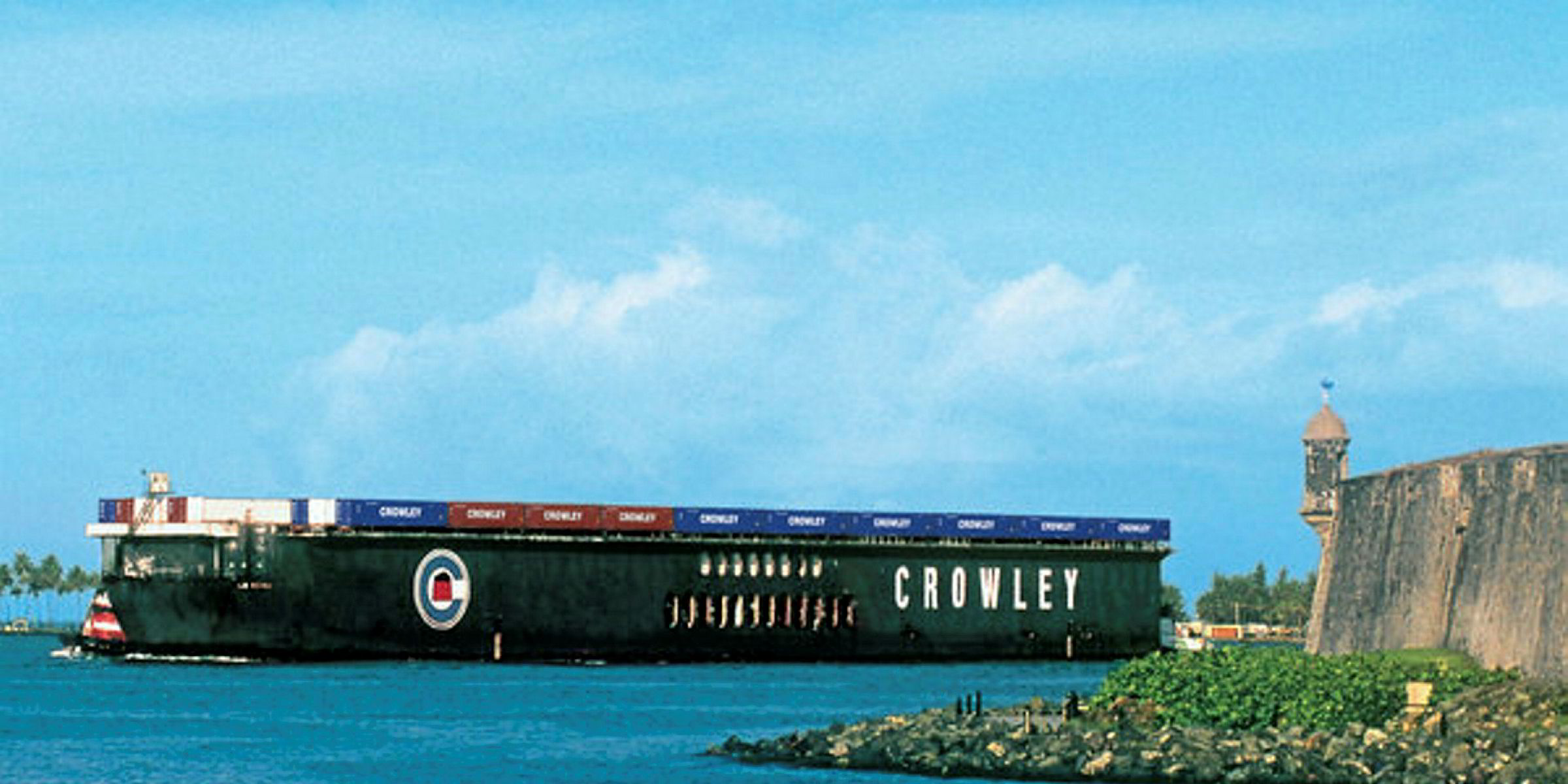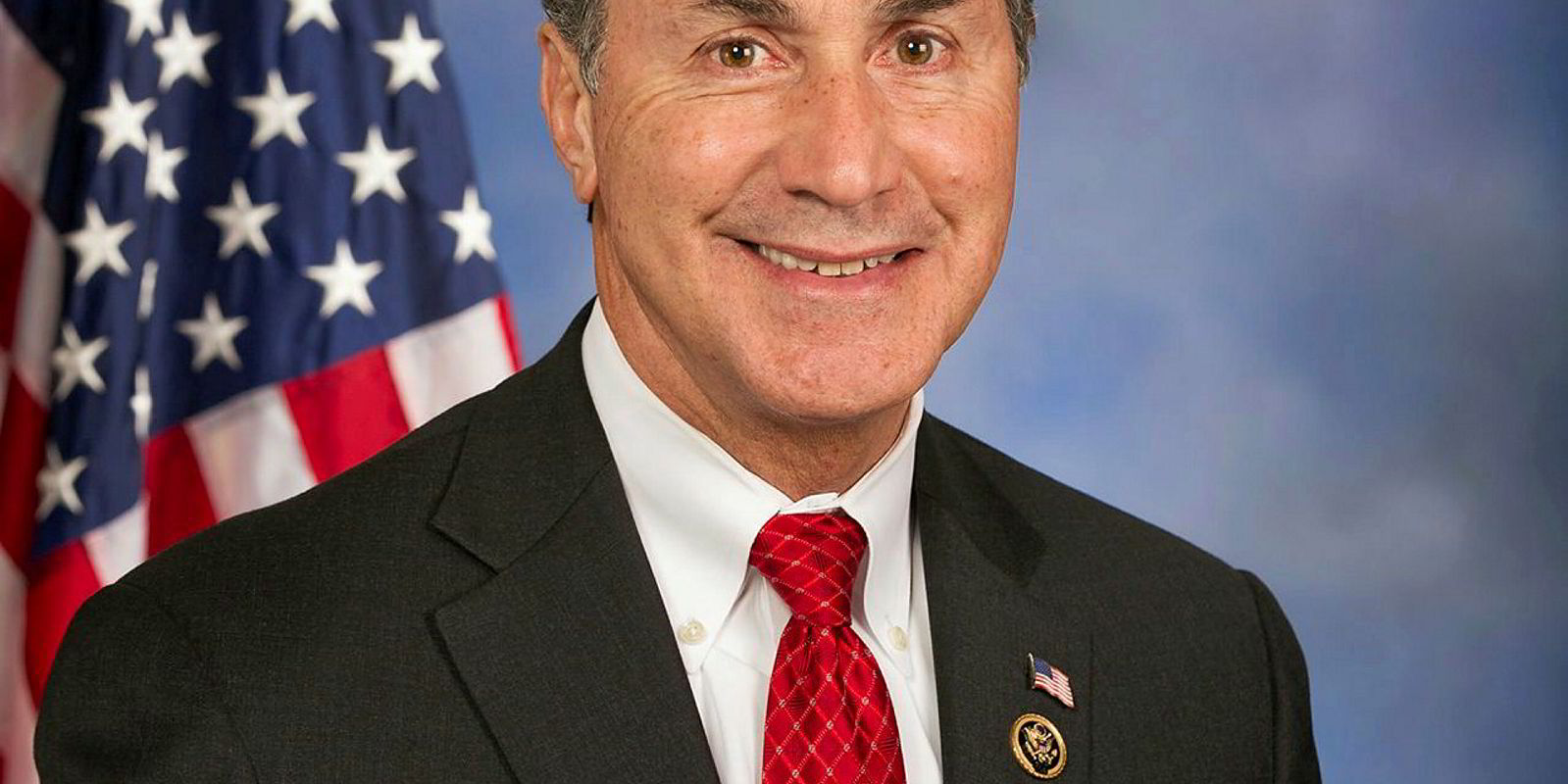The US cabotage law known as the Jones Act has no negative impact on retail prices and the cost of living in the US territory of Puerto Rico, according to a new report assessing the law's impact in the wake of Hurricane Maria.
Titled “The Impact of the Jones Act on Puerto Rico,” the report was commissioned by the American Maritime Partnership (AMP), a group supporting the Jones Act.
Economists from Boston-based Reeve & Associates and San Juan-based Estudios Tecnicos found that shipping costs between the mainland and Puerto Rico “make up only a small percentage of the retail price.”
On the contrary, the report states that the law has a “positive impact on the island’s economy, with freight rates lower than or comparable to similar services to other Caribbean islands.”
It gave the example of a can of chicken soup in San Juan, and said ocean-shipping accounts for just 3 cents (two percent) in the retail price of $1.58 for the can.
“Transportation costs for Puerto Rico are not materially different than those on the mainland,” the study states.
The report assessed the “competitiveness of freight rates in the United States-Puerto Rico market, the quality of service provided by the Jones Act carriers, and the impact of the carriers’ freight rates on the prices of goods shipped between the United States mainland and Puerto Rico.”
The Jones Act, officially called the Merchant Marine Act of 1920, requires goods shipped within the US and its territories be carried on American-built, owned, and operated vessels.
Detractors have debated that the law has outlived its purpose and should be suspended or even repealed to allow necessary supplies to rebuild the hurricane-ravaged island.
Shipping industry insiders also question the existence of a protectionist policy in an otherwise open economy, which they argue leads to increased cost of operations and burdens far-flung ports such as Puerto Rico, Hawaii and Alaska.
The authors of the report reject this reasoning.
“There has been much debate about the impact of the Jones Act on Puerto Rico, particularly following Hurricane Maria,” said John Reeve of Reeve & Associates, the lead economist on the study.
“The findings of our analysis show that reliable, efficient, and regular Jones Act services benefit consumers and businesses on the island, and no evidence suggests that exempting Puerto Rico from the Jones Act would reduce consumer prices in Puerto Rico,” he said. “On the contrary, such an action may well increase prices.”




